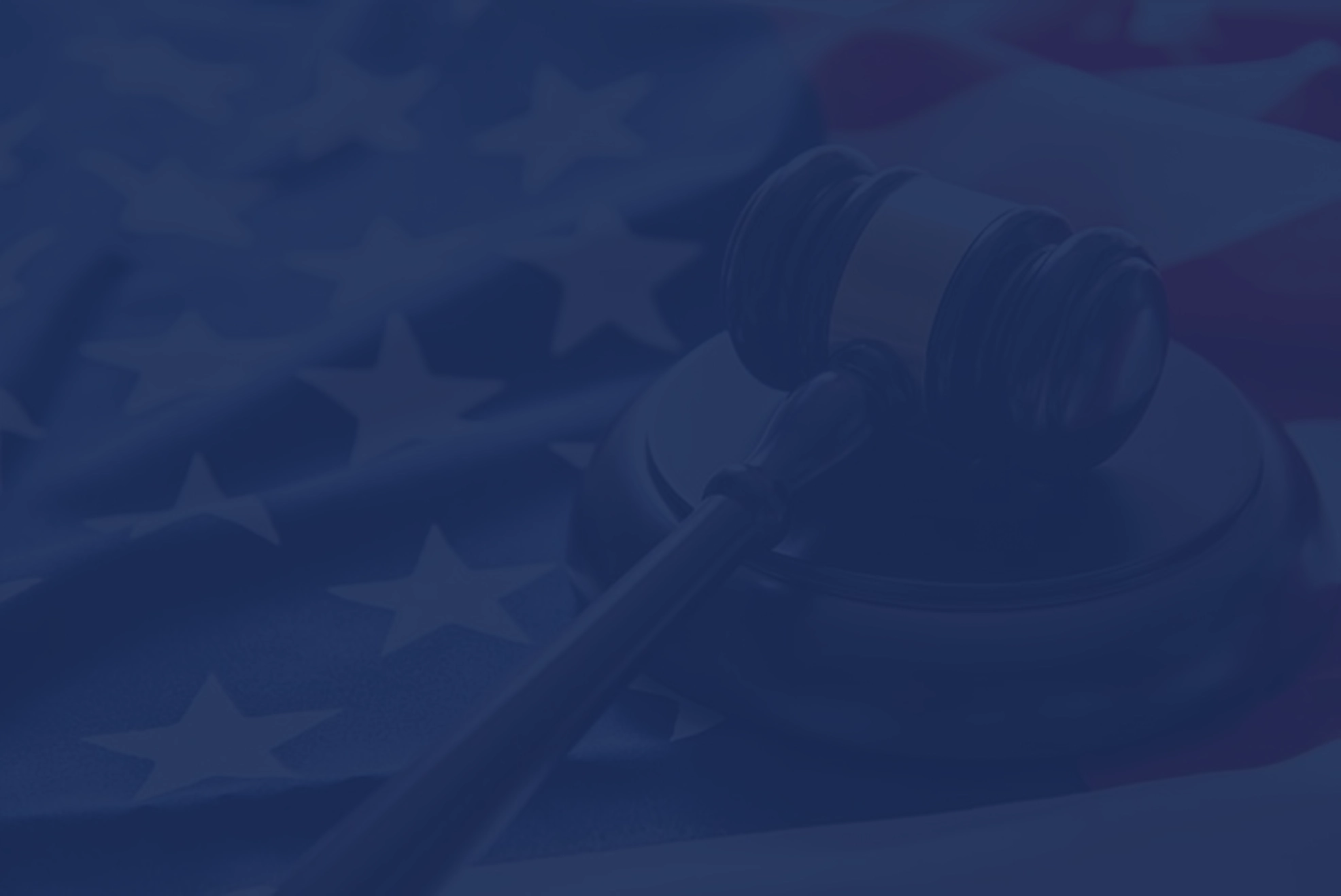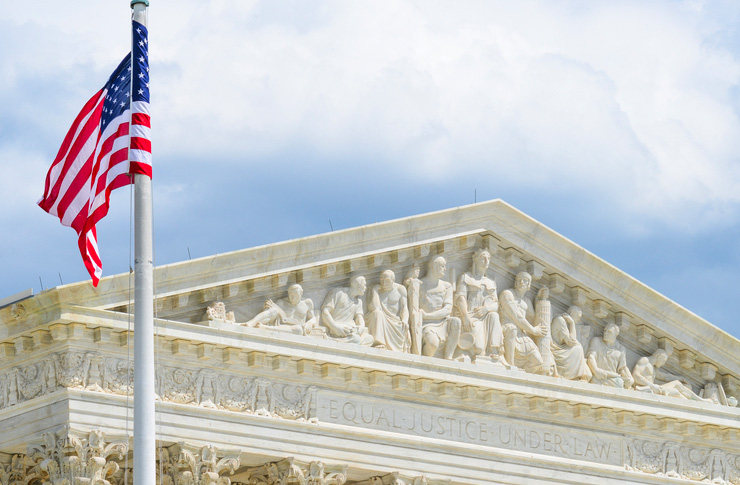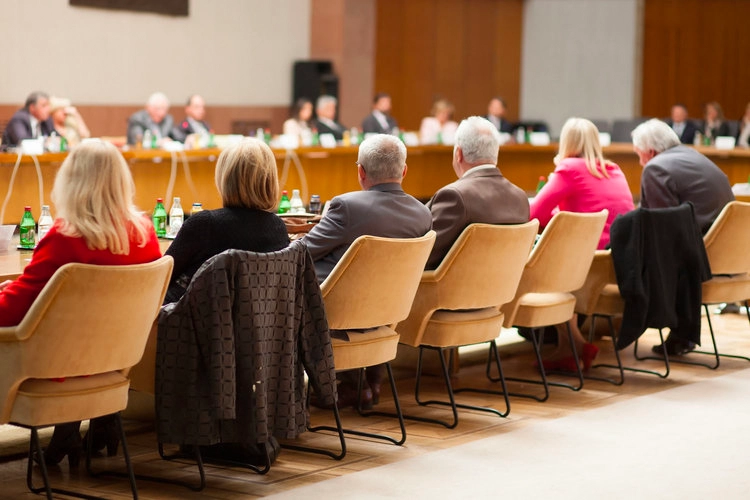
Medicare Advocacy and Recovery Coalition

MSP 101

MSP 101
When Congress enacted the Medicare law in 1965, little thought was given to situations where another payer, such as an insurer or self-insured, was available to pay for health care costs. By 1980, however, with the number of Medicare beneficiaries enrolled in the program far exceeding Congressional expectations, Congress realized it would need to modernize the statute. As part of that modernization, Congress enacted the MSP statute, which for the first time prohibited the Medicare program from paying claims that were covered by, or were reasonably expected to be covered by, another payer. Congress initially focused on group health plans, and throughout the 1980s passed multiple laws to implement a comprehensive group health plan MSP program. Congress recognized, however, that no-fault, worker’s compensation, and liability coverage should also be primary to Medicare, and as part of the 1980s amendments Congress added what is today referred to as “non-group health” or NGHP coverage into the MSP program as well.
When adding the NGHP plans into the law, Congress recognized that, particularly (but not only) in liability situations, the identity of the primary payer may not be known at the time health care must be provided. For example, if a Medicare beneficiary is hit by a car, the car driver’s liability for the accident may not be established for years. Thus, in those cases Congress permitted Medicare to pay for healthcare on the condition that if a primary payer were later to be identified Medicare could recover its payments from the entity that received the primary payment or the primary payer itself. These recoveries, known as “conditional payment” cases, have led to significant controversy and program dysfunction for many years, and in the early decades of the MSP program the Medicare program often spent more money on trying to recover NGHP payments than it actually recovered. However, the “repayment” obligation has been the law for decades.
MSP 101
After the first two decades of the MSP program, the group health system worked relatively well – employers were required to report to Medicare who was covered in group health plans and the Center for Medicare and Medicaid Services (CMS, initially known as HCFA) was able to communicate with group health plans about claims to coordinate benefits. The NGHP program, however, was not successful as in the vast majority of cases CMS was never able to identify a primary payer. To remedy that issue, in 2007 CMS persuaded Congress to pass a reporting law, today known as “Section 111” (because it is found in Section 111 of the Medicare, Medicaid and SCHIP Extension Act), requiring all group health plans and NGHPs to affirmatively (1) identify whether an individual for whom they are paying a claim, settlement, judgment or award is a Medicare beneficiary, and if so (2) report extensive information about the claim payment, settlement, judgement or award to CMS. was in many cases able to identify the CMS implemented the “reporting” program in 2011 and today group health and non-group health plans have both a “reporting” and a “repayment” obligation under the statute.
The MSP program is one of the most far-reaching provisions of the Medicare statute, affecting tens of millions of Medicare and non-Medicare individuals alike, and touching nearly every insurer and company in the country today. There are dozens of complex MSP implementation issues that impact the ability of companies generally, and NGHP insurers and self-insureds specifically, to settle and resolve first party and third-party claims. Ironically, the more difficult the MSP laws make the settlement process, the more often settlements cannot be concluded, and Medicare remains the primary payer.
MARC is dedicated to resolving these MSP issues, improving operation of the MSP program for beneficiaries, industry, and the Medicare program alike.
